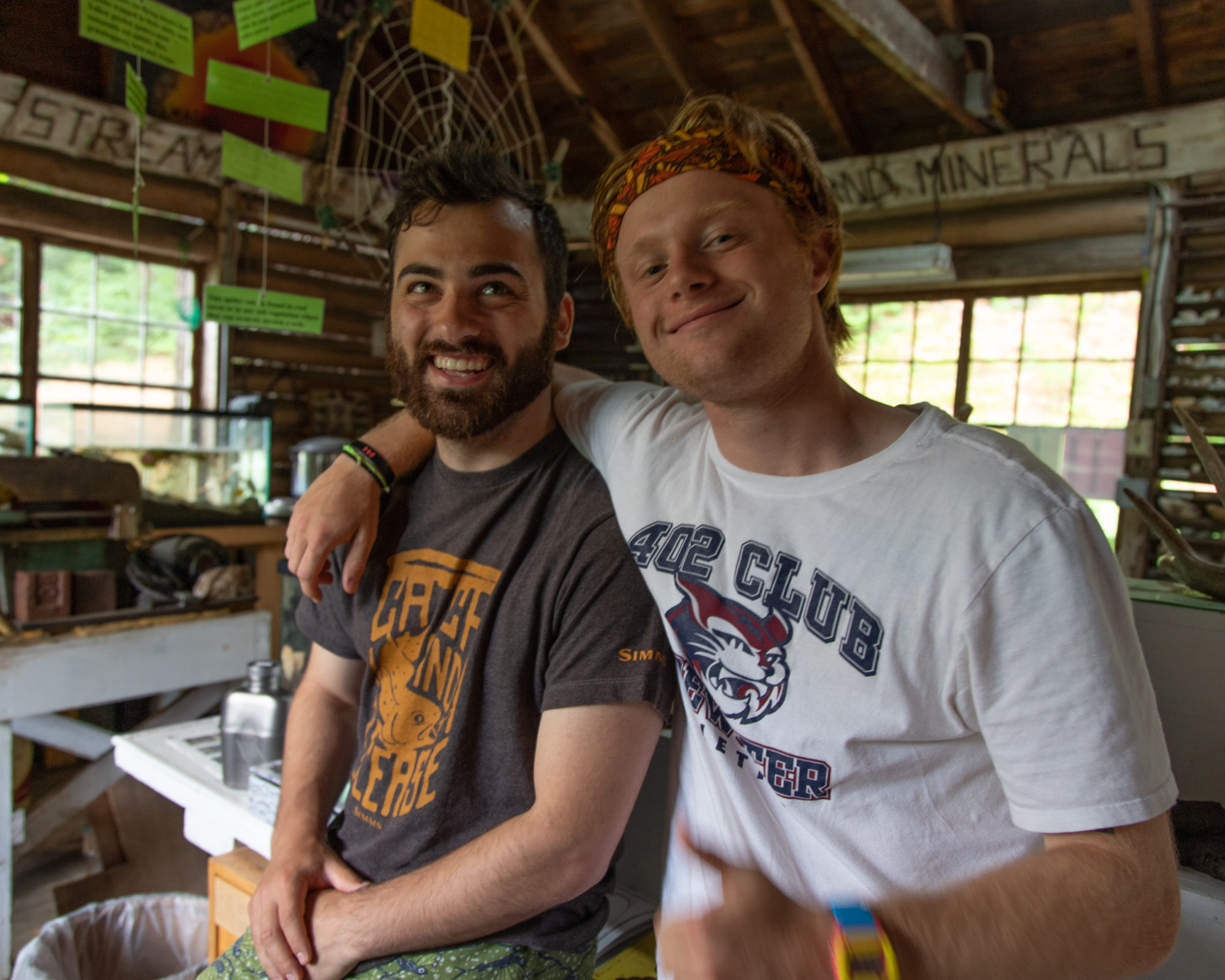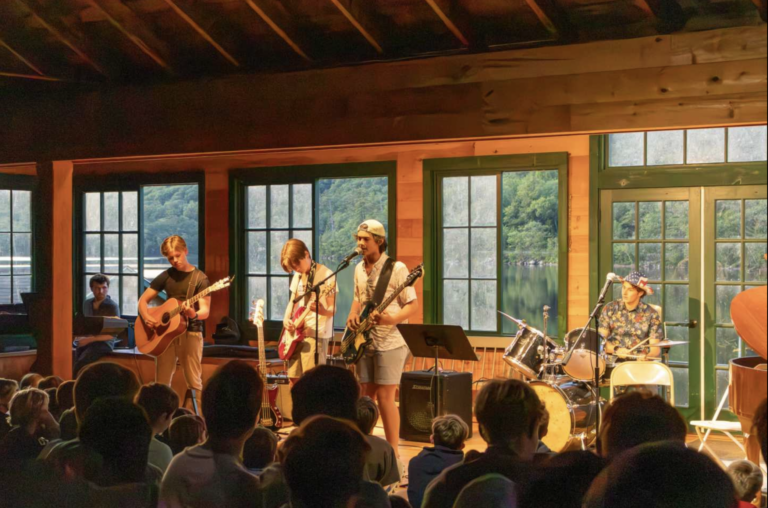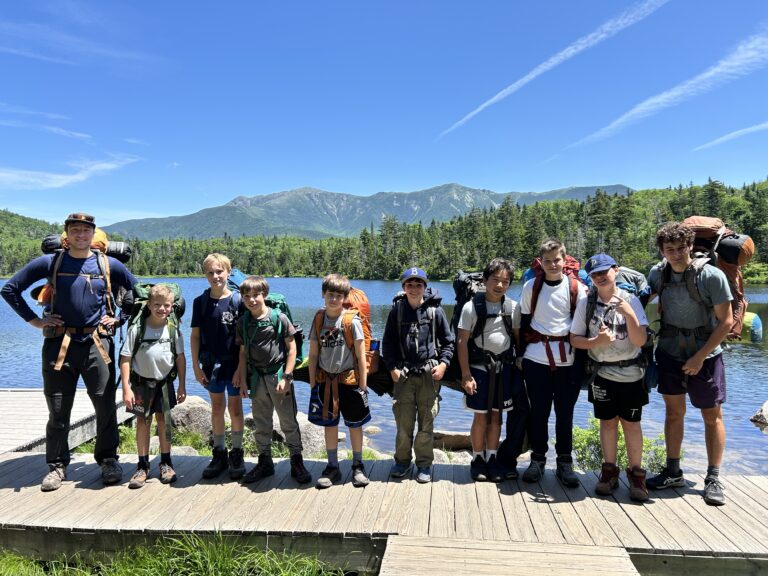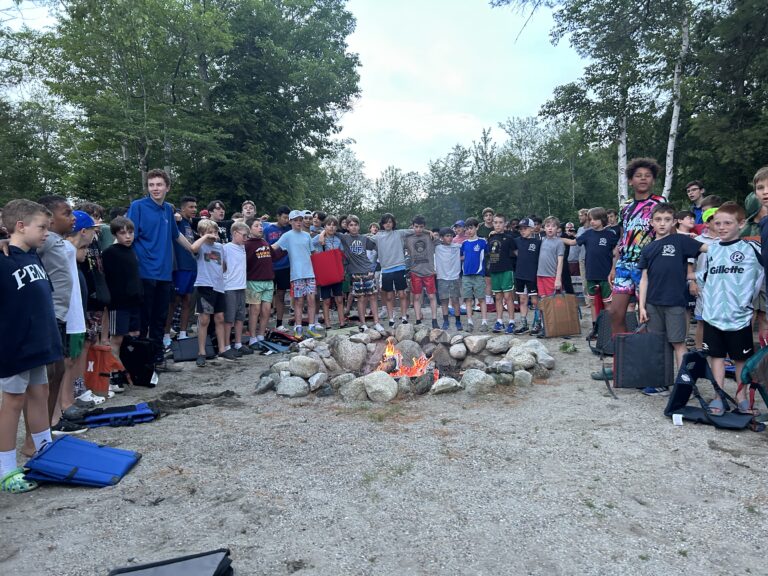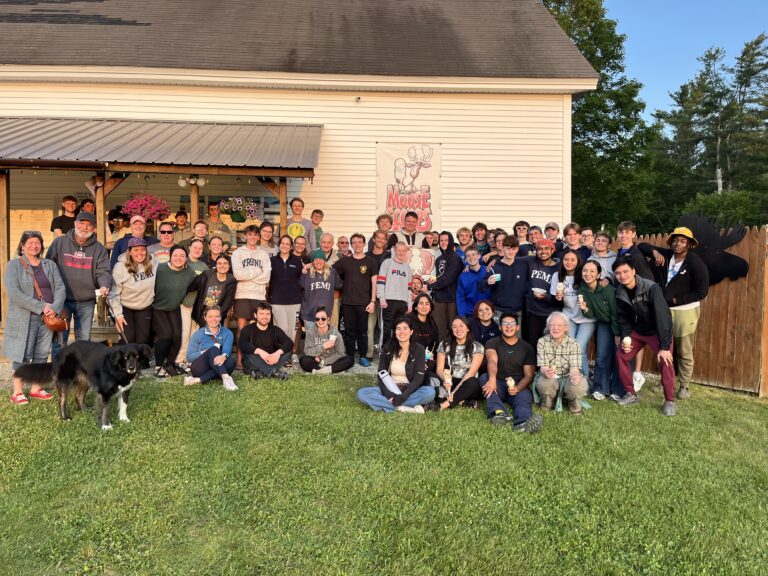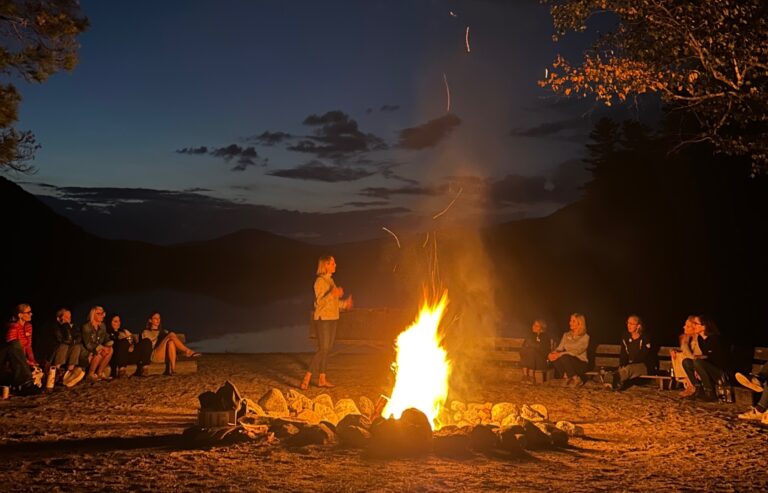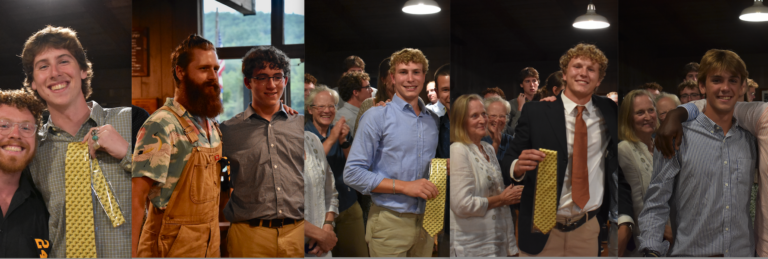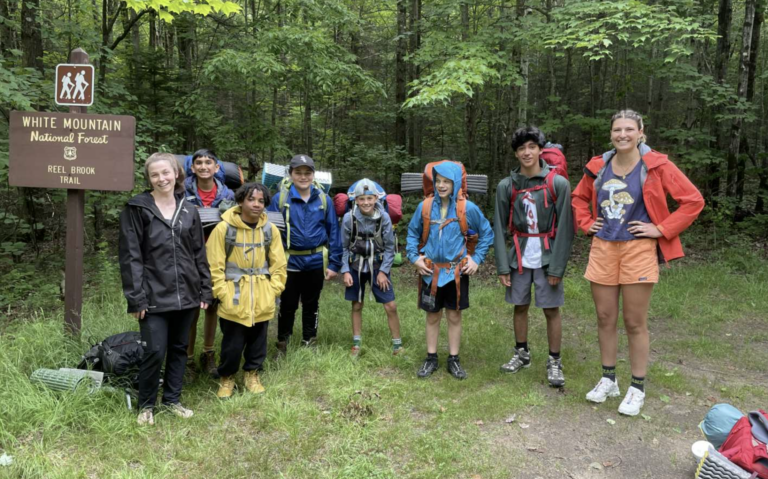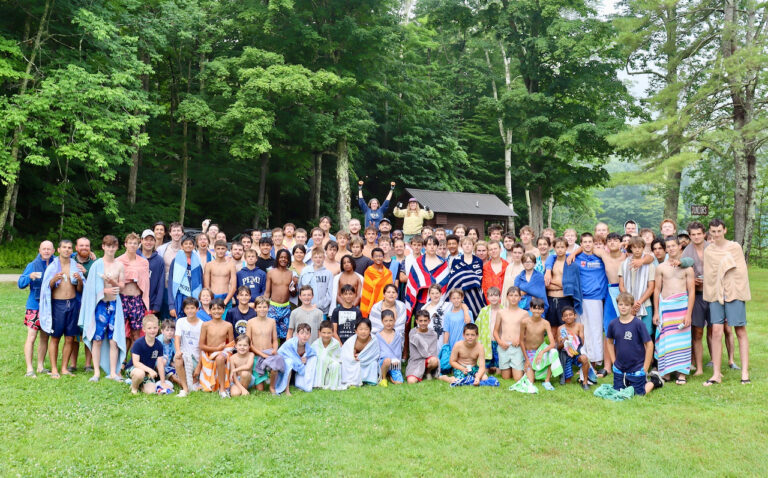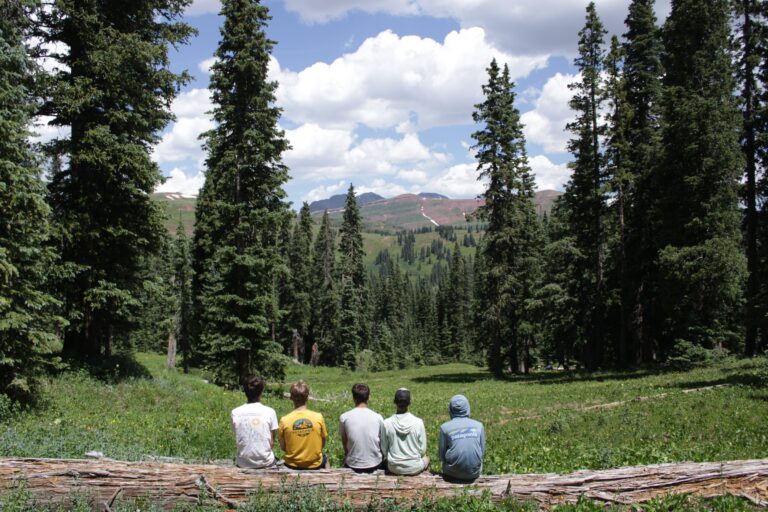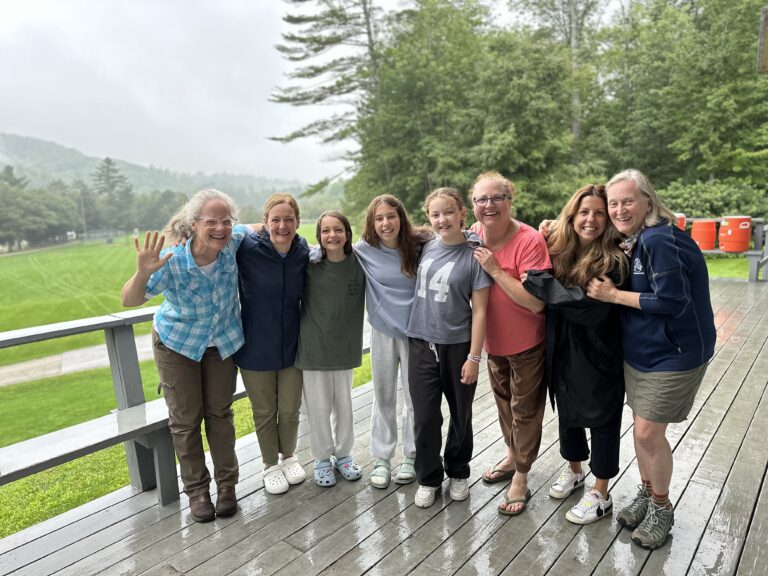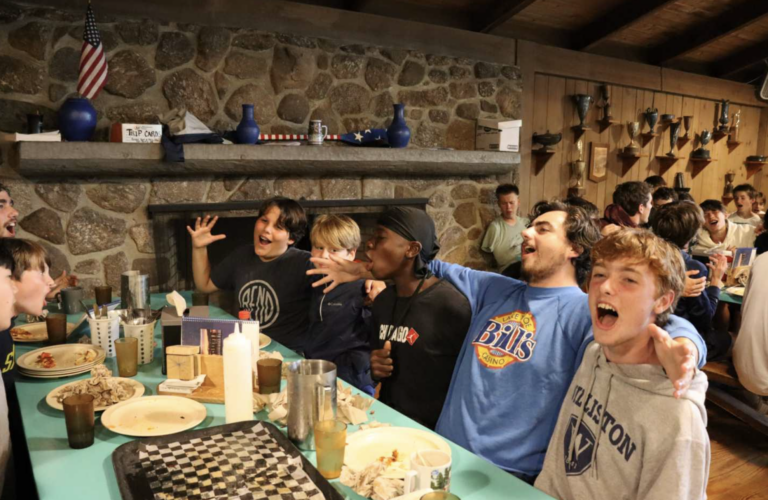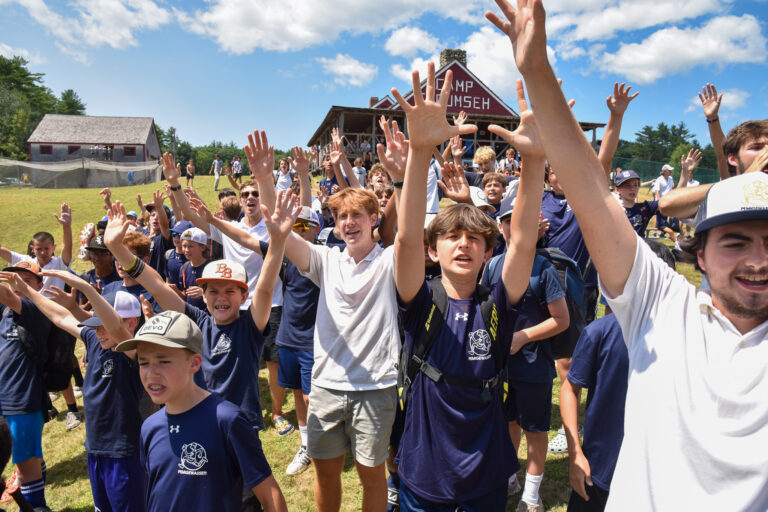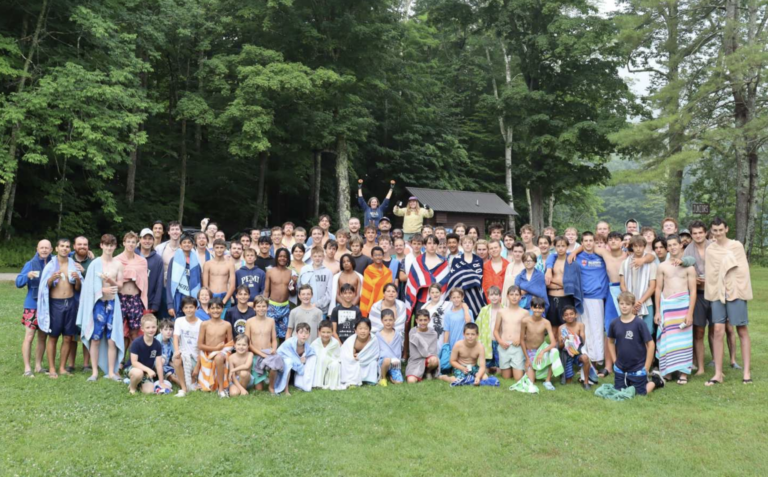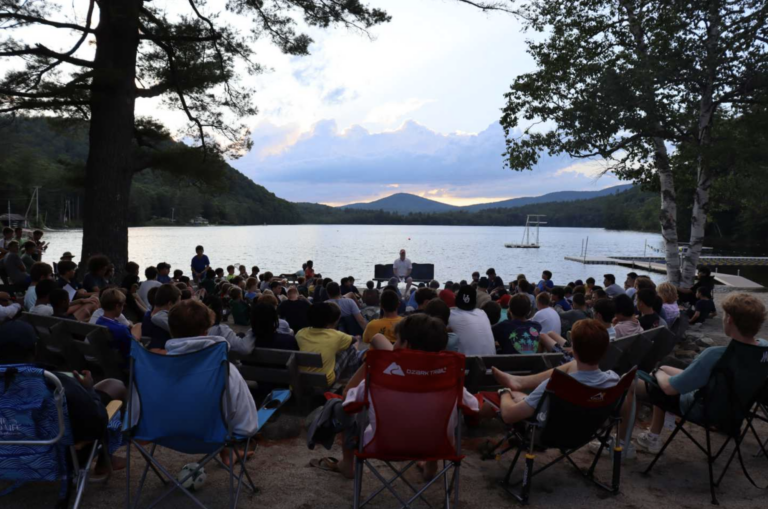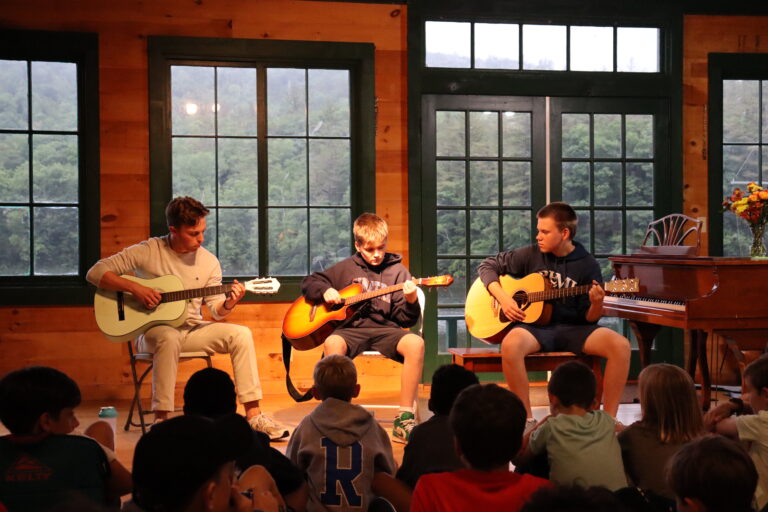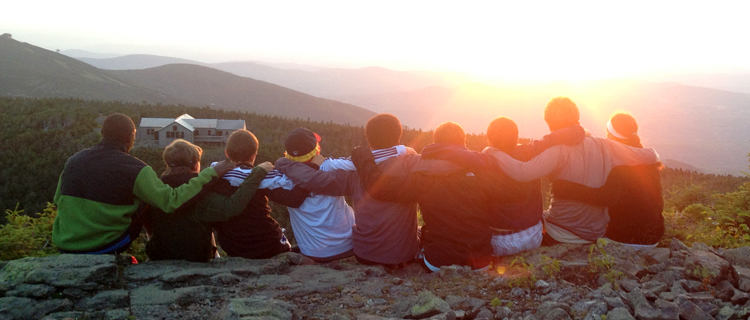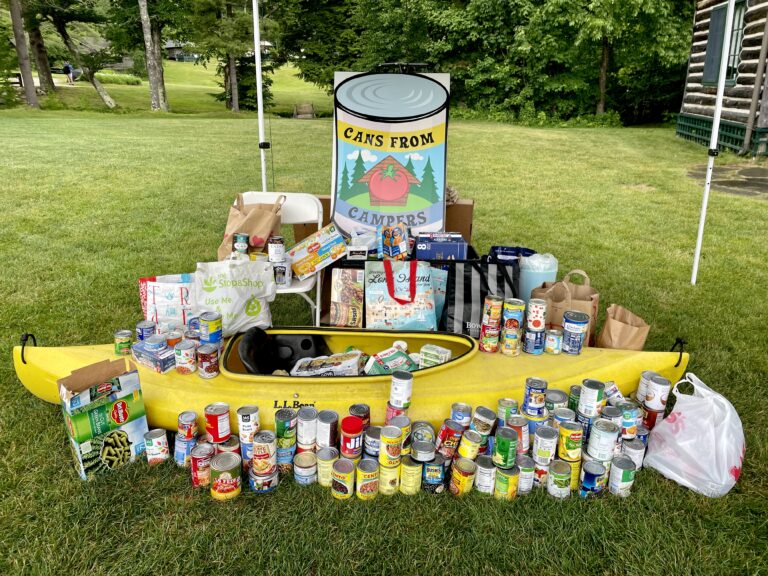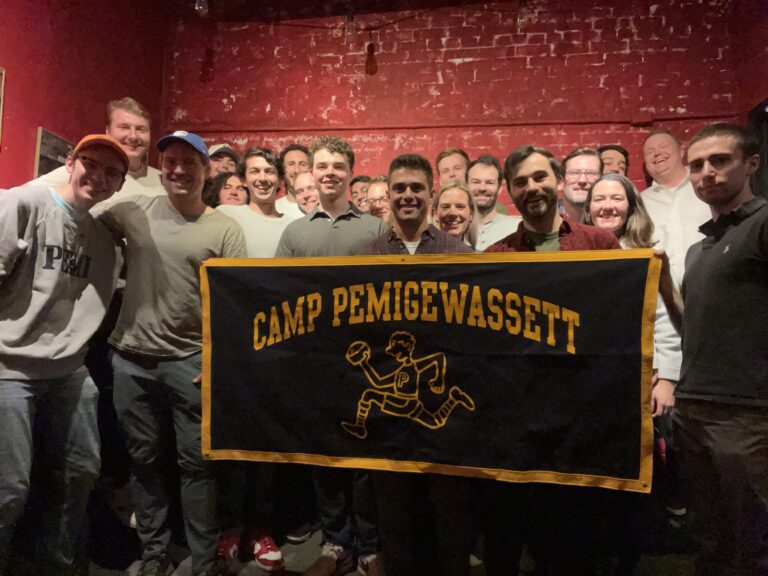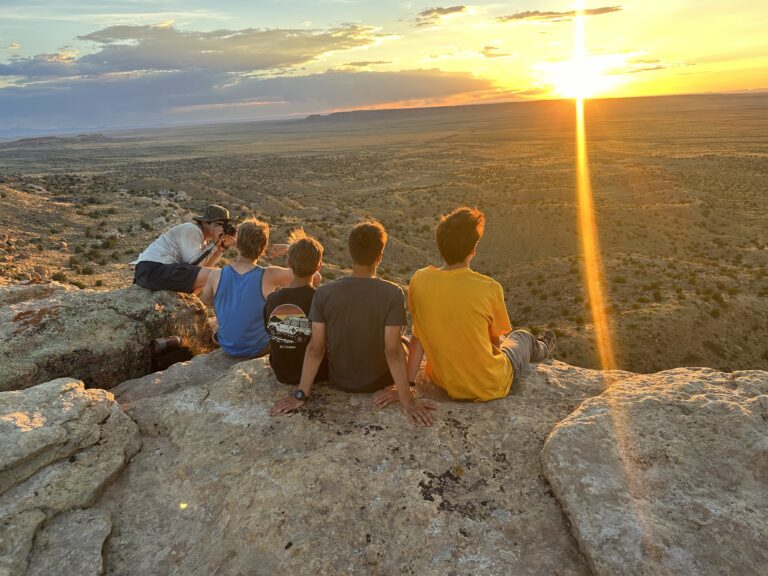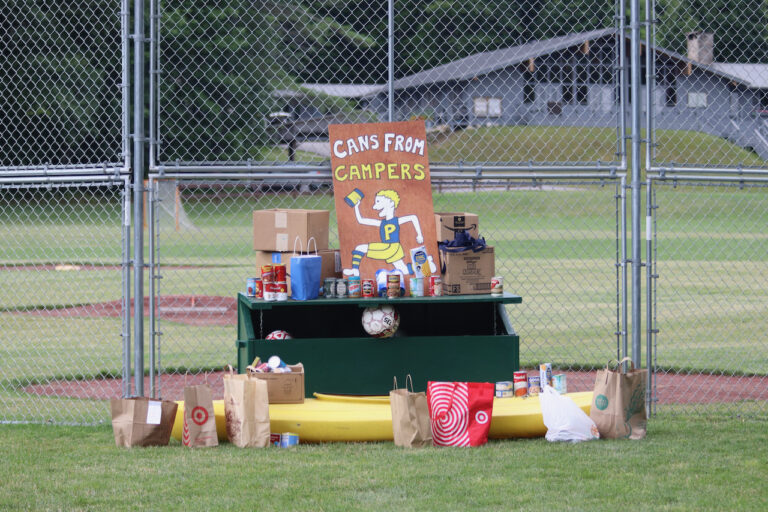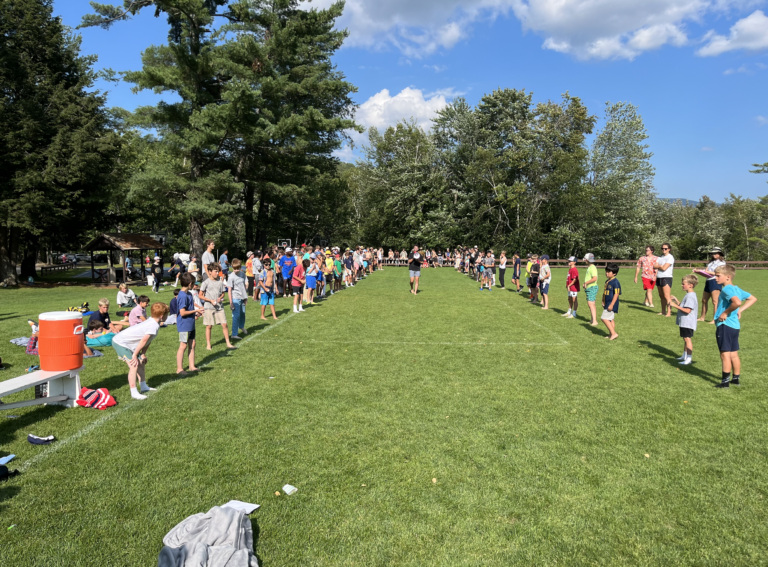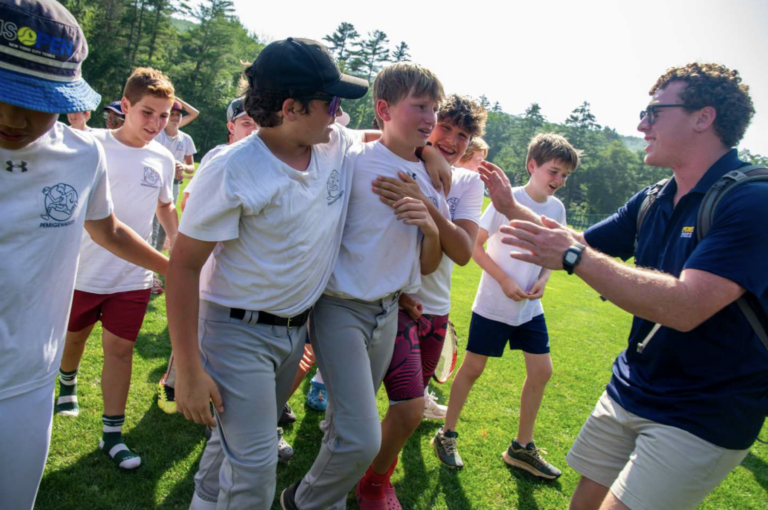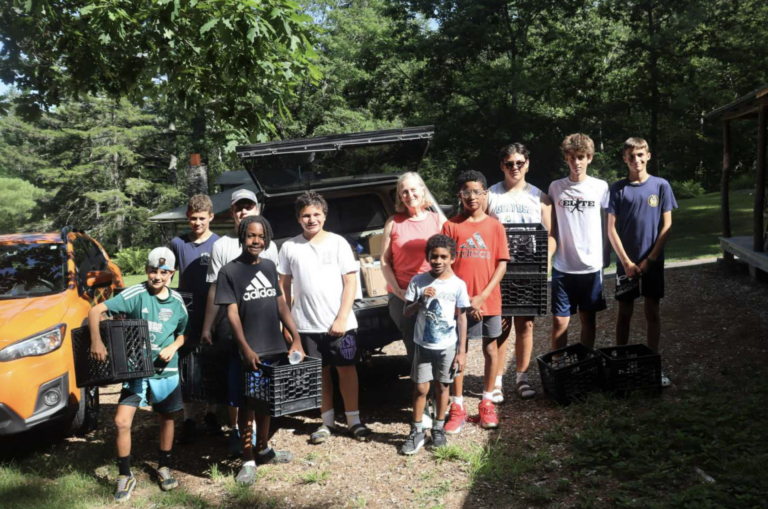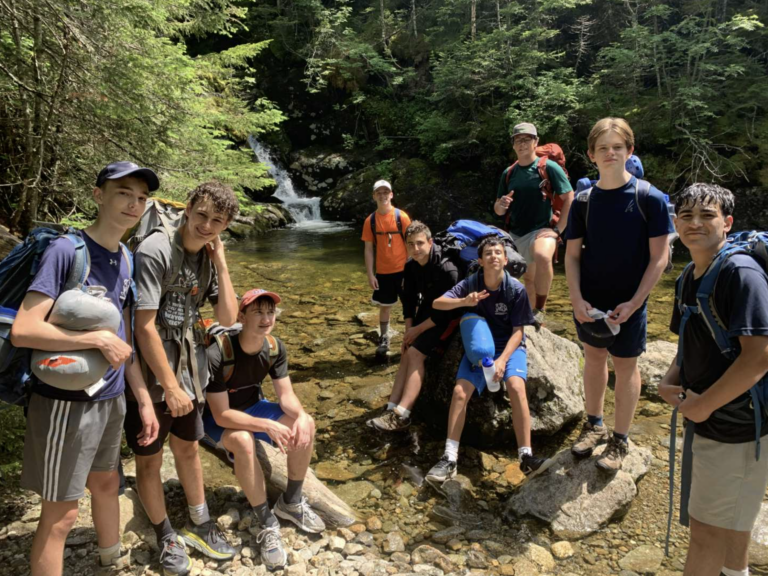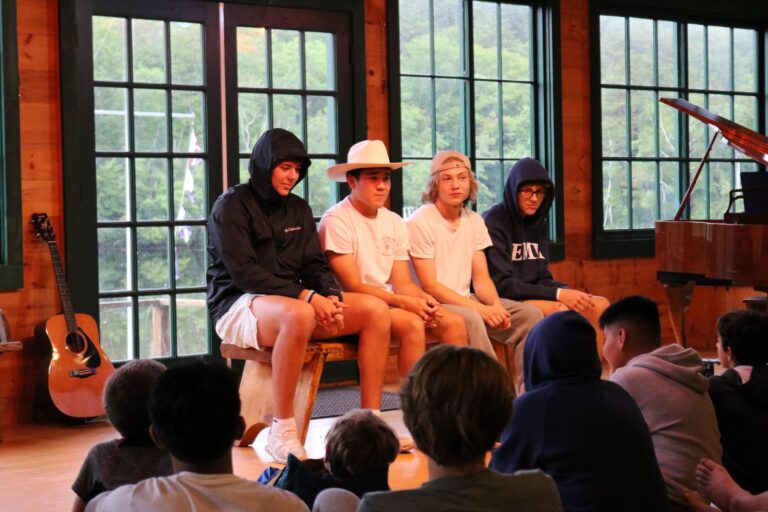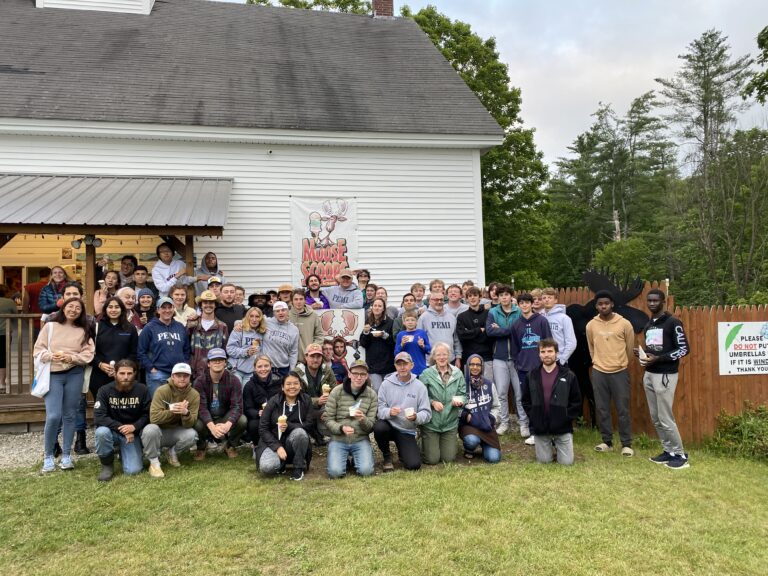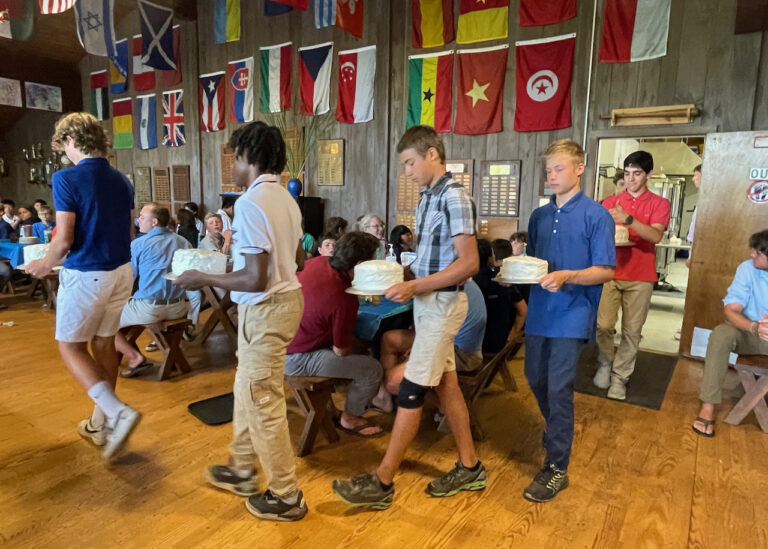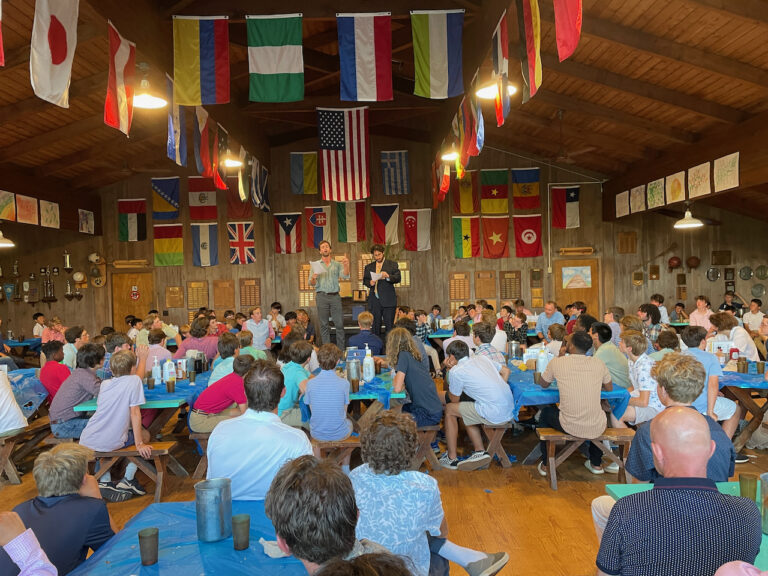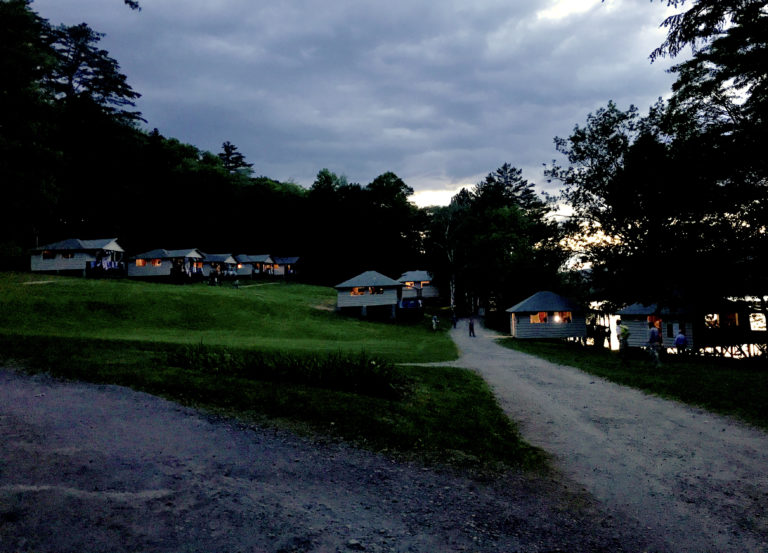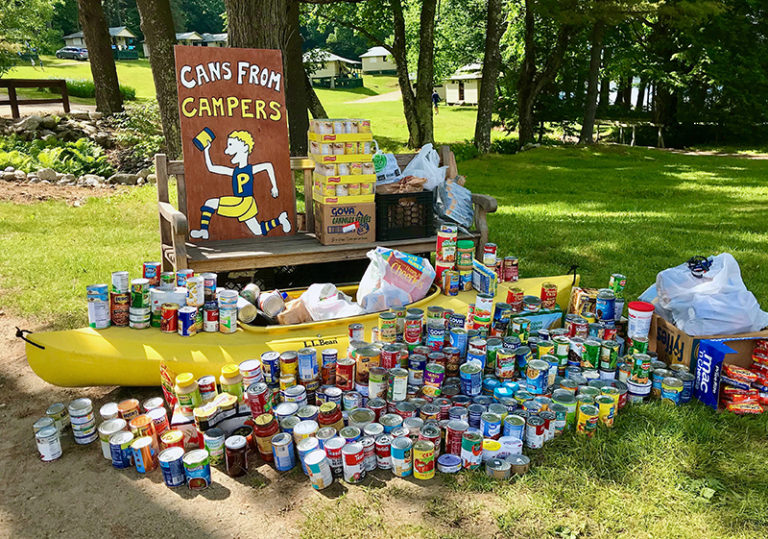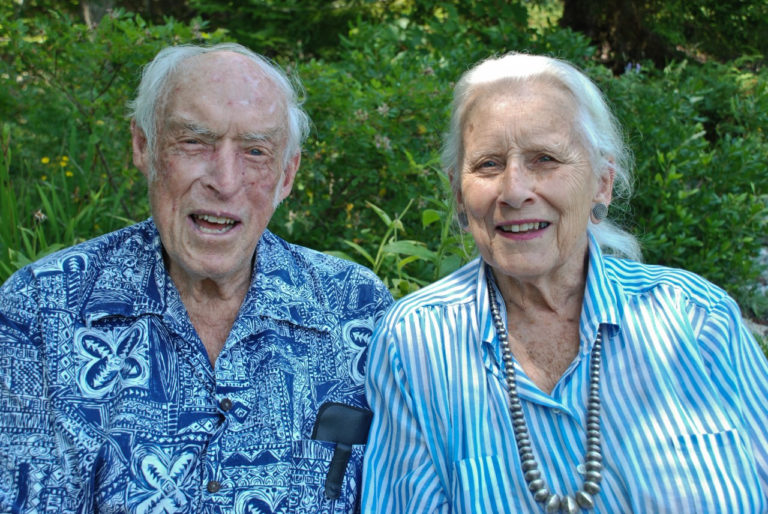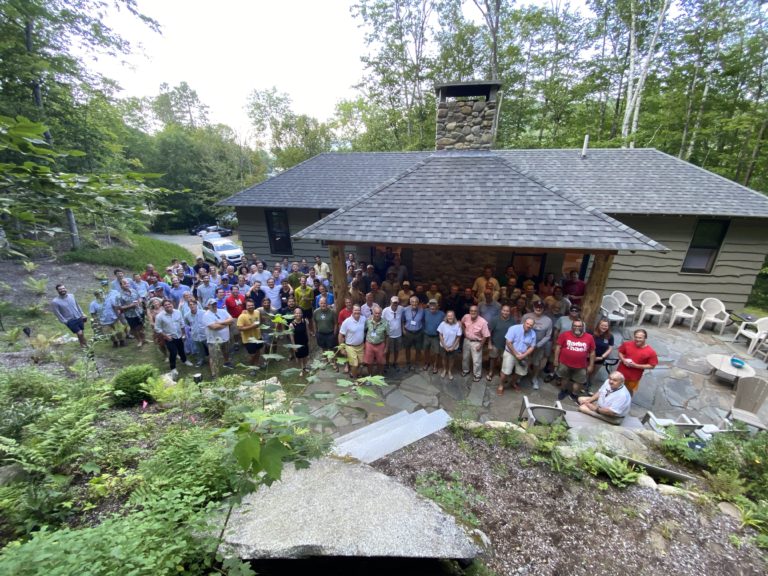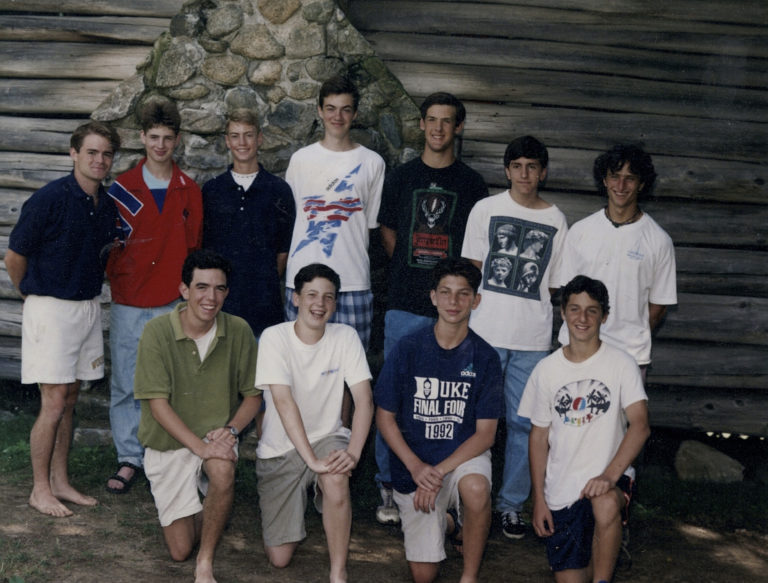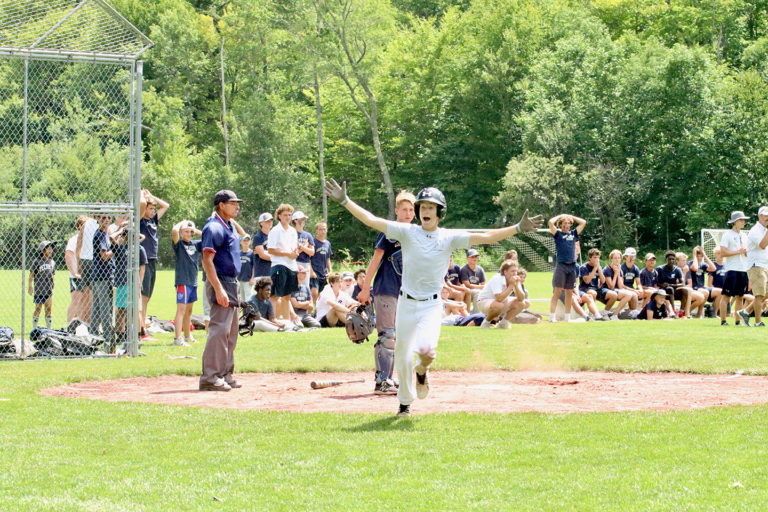- Daily Life at Pemi
- Logistics
- News
- Resources for Parents
Ready for Camp?
 “What is the best age to start camp?” asked a prospective camper’s mom yesterday. It’s a great question, and given that it was asked in three phone conversations this past week alone, seems to call for some conventional wisdom offered to a broader audience.
“What is the best age to start camp?” asked a prospective camper’s mom yesterday. It’s a great question, and given that it was asked in three phone conversations this past week alone, seems to call for some conventional wisdom offered to a broader audience.
As a simple but dependable guideline, a child is usually ready for overnight camp when he can successfully spend one night away from home with a buddy. On average, sleepovers start at age 8 or 9, as the social skills and independence that emerge in 1st and 2nd grade provide him with the confidence to spread his wings. For some, this might not happen until age 11 or 12 or later, but the bottom line is that one productive night away from home sets the stage not just for surviving but, in fact, for thriving in a 3.5 and, yes, even 7-week session. This “rule of thumb” (and over 100 years of institutional experience) often serves as an eye-opening, if not comforting, benchmark for parents who might otherwise assume their children are too young for sleep-away camp, and for boys who aren’t sure if they’ll be able to manage.
You may experience a major disconnect between your head and your heart before your child goes to camp for the first time. We know that we want our children to be happy and not sad; to be successful and strong; to say and do the right things so they will make friends; to be comfortable in their own skin as well as respect the uniqueness of others. We reason that if we keep him by our side, provide the answers, and safely pave each step of the way, we can be pretty sure he’ll land where we want. But what happens beyond that landing pad? Ultimately, he’ll struggle both academically and socially if his “inner compass” for solving problems, making decisions, and establishing relationships—all necessary skills for a successful and satisfying life—has never been activated. You certainly don’t want that to occur at the college gate. Letting go can feel like cutting off your right arm, especially when there is the potential for your child to experience homesickness or uncertainty, or make a mistake, or not eat because he is a picky eater. You might intellectually recognize that your son will benefit from (not to mention enjoy!) an experience away from home, but, boy, the parental heart pounds at the very idea of letting him go.
“Independence Education” follows a learning curve similar to math, or reading, or sports. A teen or young adult doesn’t understand calculus, or write a cohesive term paper, or consistently throw strikes without having acquired essential building blocks along the way. Similarly, a teen or young adult doesn’t wake up confident, independent, and eager to try new things on a specific birthday. So how does he get there? When adults offer appropriate doses of independence at appropriate times, and have the courage to say, “Go for it. I know you can do it.” Certainly there are many ways to offer such opportunities to your child. Excellent summer camps, however, were established to partner with parents in this very mission.
If you do determine that this summer is the time for sleep-away camp, it is totally natural for both your son and you to be nervous… and even more so as summer approaches. For better or worse, know that it will be harder on you than on him. While you’re at home “letting go,” he’ll settle in and, under the guidance of supportive and caring staff, be doing all the things you hope for: making new friends, trying new activities, living in a gorgeous and healthy place. And if he feels homesick—which most everyone, regardless of age, experiences in an unfamiliar setting—your heart might ache but your head will know that overcoming homesickness will launch him to the next stage of independence, giving him the confidence to embrace further adventures, knowing that if he’s done it once, he can do it again.
Believe it or not, camp sessions fly by. And once you have him back home and listen to his stories, hear him sing the camp songs, and sense his pride in all he has done and accomplished, you’ll know in your head and your heart that you’ve given your child a wonderful gift.
-Dottie Reed, Head Administrator, Camp Pemigewassett
(Great thanks to Ned Whitman, Pemi camper of eight years, who happened to Skype me while this article was taking shape. In the midst of a gap year before heading to Harvard, Ned was in Laos, on his way to Cambodia and then New Zealand. We “chatted” about what he was doing, the new cultures he was experiencing, and the life skills that he gained through his summers at camp, starting at age 8. A few of his astute comments made their way into this article.)



